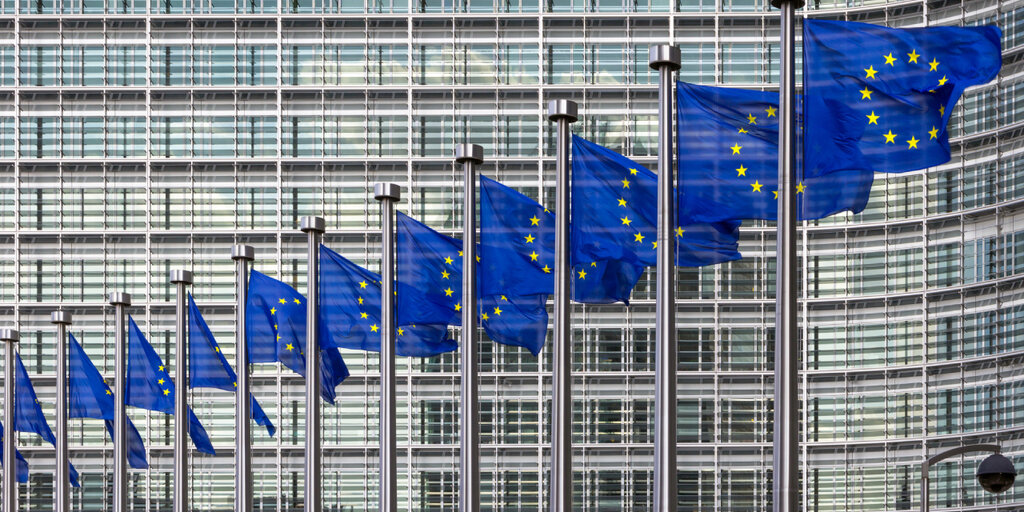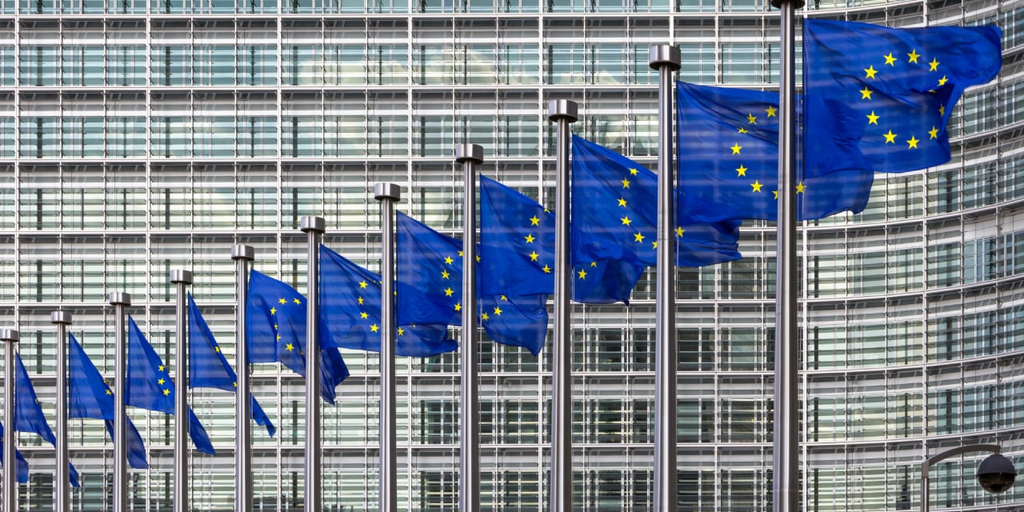

The EU Council and Parliament have reached a tentative agreement on part of an anti-money laundering (AML) package that would require cryptocurrency companies to follow stricter due diligence requirements.
The Council of Europe said in a statement that the new rules will apply to “the majority of the cryptocurrency sector” and will require cryptocurrency service providers (CASPs) to carry out due diligence on customers carrying out transactions of more than 1,000 euros. The rules also include measures to “mitigate the risks associated with transactions with self-hosted wallets,” the company announced.
CASPs will also be required to conduct enhanced due diligence on cross-border correspondent relationships as part of the rules.
Another provision sets a maximum limit for cash payments of €10,000 across the European Union, which the Commission argues will “make it more difficult for criminals to launder dirty money”. Businesses must also identify and verify the identity of individuals who occasionally carry out cash transactions between €3,000 and €10,000.
The deal has now been finalized and will be submitted to the European Parliament for approval. “If approved, the Council and Parliament will have to formally adopt it before it can be published in the official EU journal and enter into force,” the statement said.
The interim agreement comes as part of the EU’s sixth anti-money laundering directive and the EU Single Rulebook regulations. “We will close the numerous loopholes that make life too easy for money launderers,” Luděk Niedermayer, a senior MEP representing the ECON committee, said in a statement. “In the digital age, we need to ensure that data is available quickly and can be processed effectively,” he added.
Last year, the EU passed the Markets in Cryptocurrency Assets (MiCA) Act, a broad legal framework that enforces a uniform approach to cryptocurrency regulation across its 27 member states. Among its provisions, MiCA sets clear rules for CASPs, requiring them to adhere to common standards on security and AML protection.



